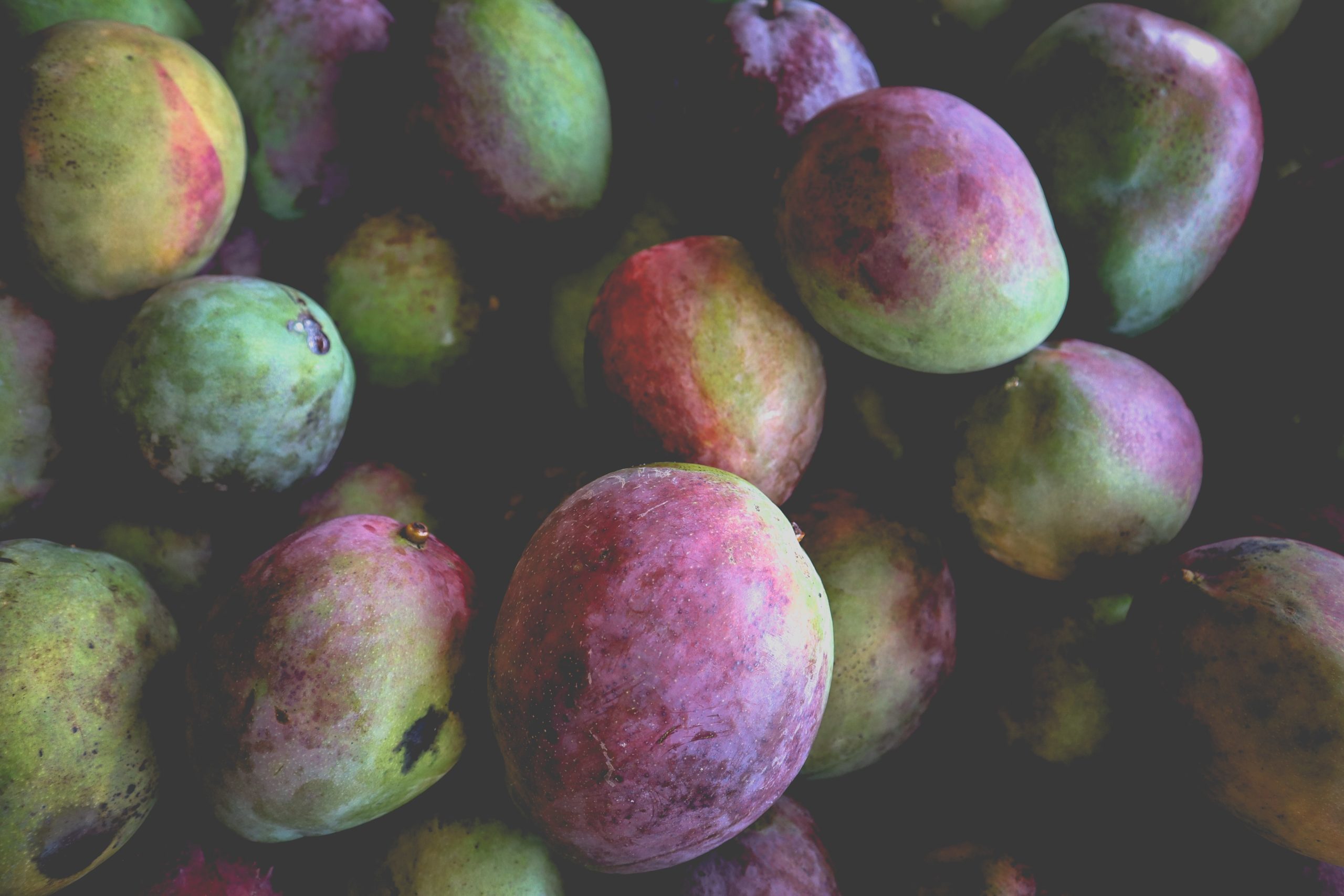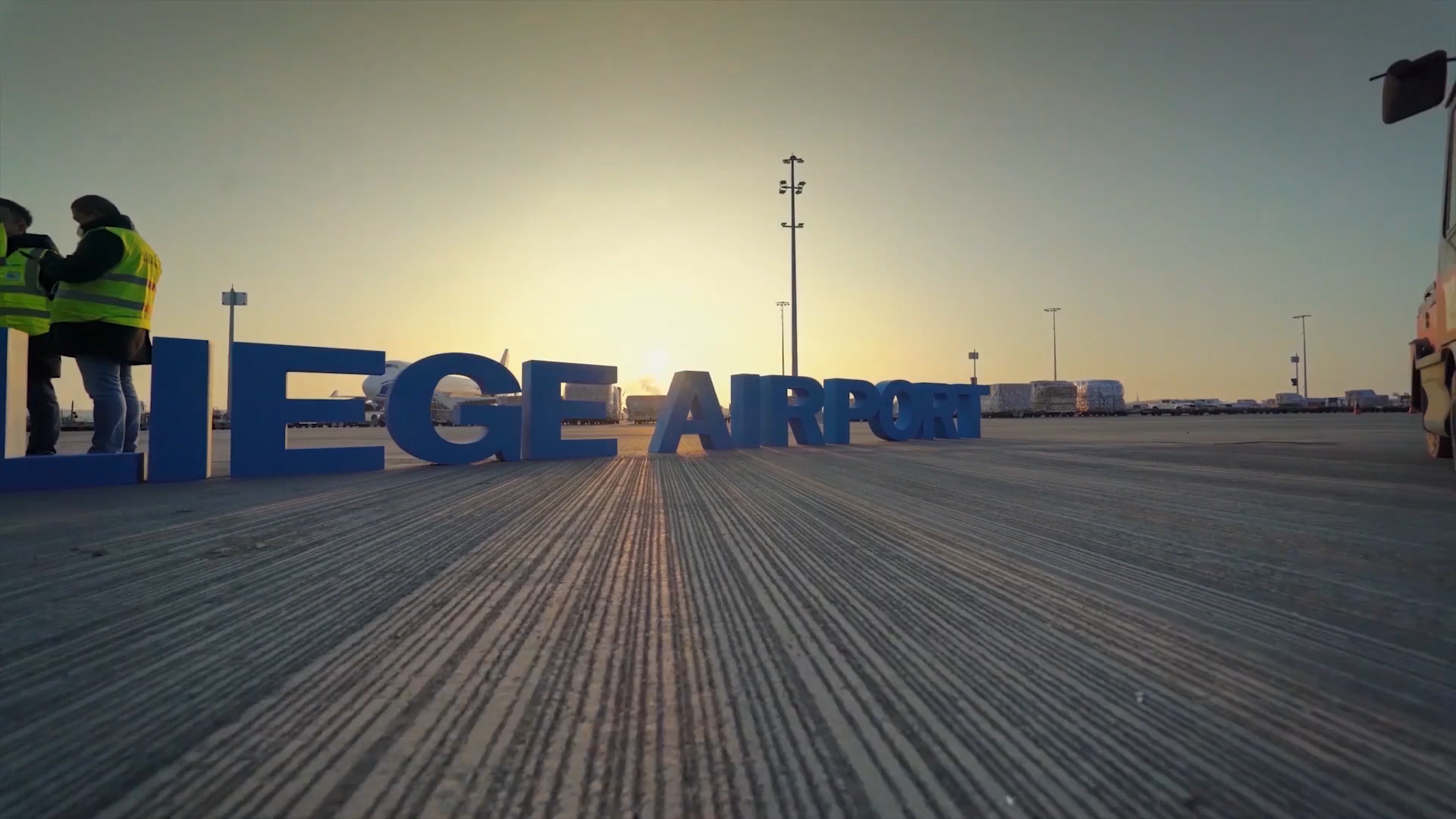-
6,500 tonnes
of flowers pass through Liege Airport every year.
-
25 countries
export perishable goods to Liege Airport.
-
2,000 tonnes
of cuttings from Uganda.
To guarantee food safety in Belgium and Europe, imported perishable products are checked at border control posts (BCPs). Liege Airport has an FCP called the Fly’in Farm. This is where vets from the Federal Agency for the Safety of the Food Chain (FASFC) carry out most of the checks, but they also visit the airport’s warehouses on a daily basis to carry out their duties.
Our VP Air Services, Eric Gysen, is in contact with the vets, importers and transporters to ensure that the entire logistics chain is running smoothly.

Eric, perishables are an important business for our airport, but what exactly are we talking about?
“In fact, perishables cover a wide range of products, including fish, lobster, fruit, vegetables, fresh herbs and dairy products…. All products that require controlled temperatures (some between 2° and 8°, others between 15° and 25°). We have a centralised infrastructure in B46 with 11,000 m² spread over 4 large cells with variable temperatures. This is where the goods are dismantled. However, for greater flexibility, each handler has a veterinary inspection point in his warehouse.

Flying for speed.
Perishable goods are typically those that need to travel by air. The average journey time by air is half that by sea, even over very long distances. This mode of transport gives access to a large number of destinations in record time and guarantees the freshness of the products. Very delicate foods, such as asparagus or mangoes, which can easily spoil, benefit from modern, perfectly adapted infrastructures. As a result, the risk of loss and damage is greatly reduced. Finally, regularity and reliability are an additional advantage of air transport.





